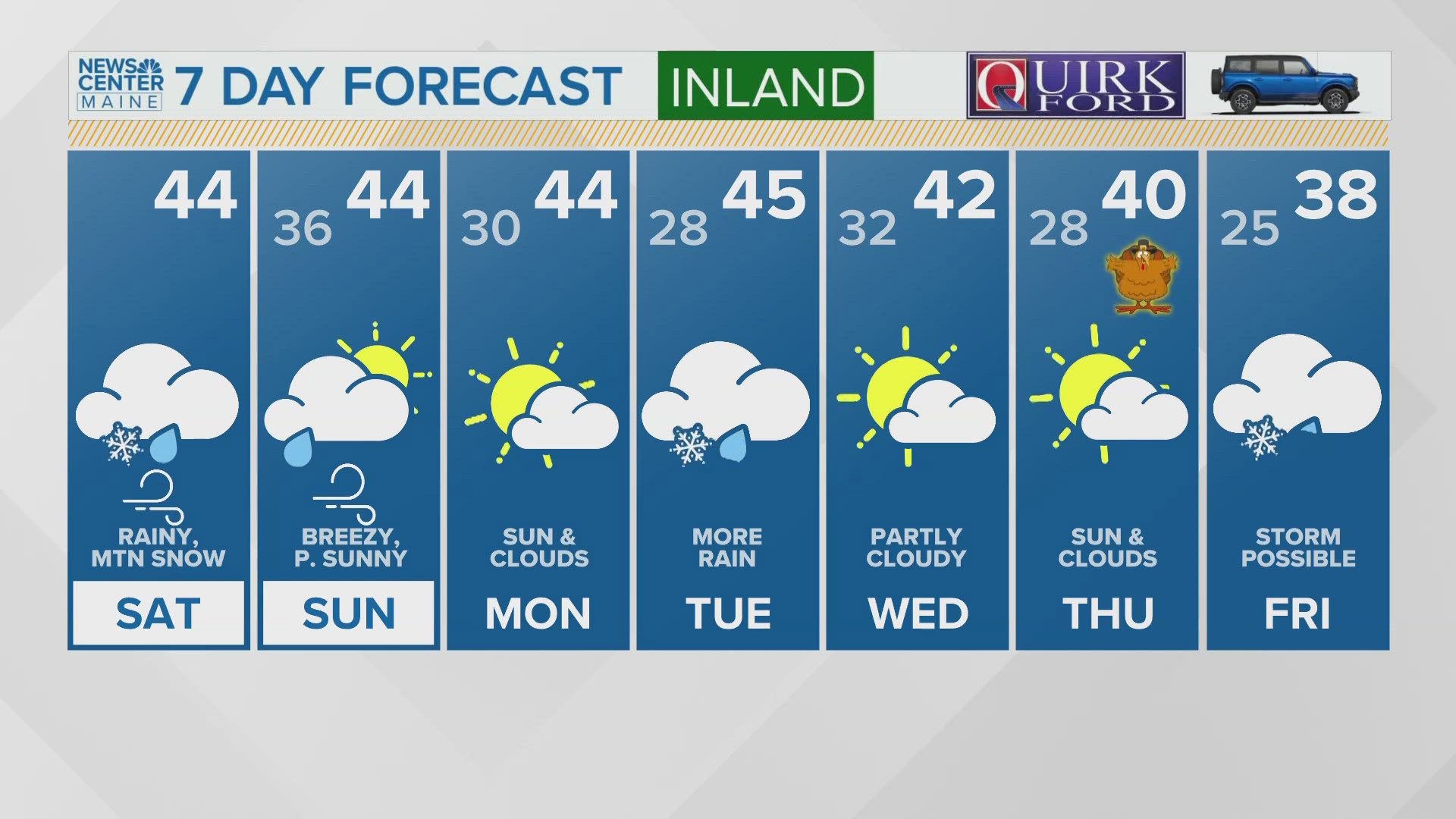When certified financial planner Christina Empedocles leads money workshops, she doesn’t start with dollars-and-cents details, like how much to save for retirement or stash in an emergency fund.
Instead she asks people to recall childhood memories about money. Who were their positive and negative role models? What did they learn about money from them?
“The idea is you have your own money story,” says Empedocles, owner of Insight Personal Finance in San Francisco.
The story’s underlying themes provide clues about what drives your behavior. Ever wonder why you can’t save a dime, no matter how many raises you get? Or why you’re afraid to talk to your spouse about the checking account? Or why you can’t even think about making a financial plan?
If money stresses you out, it’s probably worth looking back at your childhood.
“There is a connection,” says Ed Coambs, a marriage and family therapist with Carolinas Couples Counseling in Matthews, North Carolina. He is also a certified financial planner and board member of the Financial Therapy Association. But those money connections may require a little digging to find and understand them.
What’s your money story?
Unraveling your money story can be an eye-opener.
“There is so often an ‘aha’ moment — ‘Now I know why I do this!’” Empedocles says. “I have seen people have that realization and go on to make big changes.”
Empedocles recalls one woman whose coupon-clipping mother watched every dollar. Growing up, the woman found her mom’s frugality painfully restrictive, so as an adult, she reveled in her ability to spend freely. Even small decisions, such as buying the most expensive crackers in the snack aisle or using out-of-network ATMs regardless of the extra fees, served as affirmations of “I’m an adult, not a kid,” Empedocles says.
The result was a chaotic financial life. But the woman didn’t realize what was driving her until she wrote down her money story and examined how it was affecting her.
“She realized, ‘I’m battling my mom, but I’m just hurting myself,’” Empedocles says.
After that, the woman evaluated her money habits and eliminated meaningless spending. In one year, she saved $12,000.
Carrying emotional money baggage
Overspending isn’t the only symptom of a distorted relationship with money.
“Having gobs of money and not feeling like you have enough,” is another, says Marty Kurtz, a certified financial planner and founder and partner of The Planning Center in Moline, Illinois.
For example, someone who grows up in a family with too little money could carry that sense of scarcity into adulthood, even after making a fortune, Kurtz says.
“Most people pick up cues on how to deal with money from their parents,” says J.J. Sessions, a certified financial planner and partner of The Planning Center in Maple Grove, Minnesota.
Sometimes children misinterpret those cues, and the lessons kids absorb aren’t what parents intended. One of Sessions’ earliest money memories was working out an agreement with his parents to do a certain number of chores to earn a bicycle. He worked hard, and occasionally his mom cut him a break and counted one chore as two.
His mom was being kind, Sessions says, but the breaks ultimately cheapened the reward in his mind. As an adult, he often felt like he didn’t do enough to earn whatever money he made, until he realized how he had been carrying the distorted bike lesson with him.
Clearing the way for a financial plan
Bringing awareness to the unconscious forces driving behavior helps clarify your relationship with money. Then, you can think about your true values and modify your financial habits to line up with them.
Are unresolved issues getting in your way?
Here are some steps to find out and start addressing them.
Tune in. Pay attention to physical sensations when you think about money issues, Coambs says. Is your body calm and at ease, or do you feel a tightness in your chest, stomach or shoulders? If you feel uncomfortable, then you might want to explore what’s going on.
Write down your money story. “Put on your investigator hat,” Coambs says. Think about the most significant people in your early life. How did they feel about money? How did you feel? What are your earliest money memories? What did you learn from them?
Talk to someone you trust. “Everybody needs a third party to talk about life and money with,” Kurtz says. The trusted person might be a spouse, a good friend or a professional advisor. A financial advisor can help you create a plan to match your goals.
Get help if you need it. If you’re struggling, it might help to talk to a counselor or financial therapist. You can find one through the Financial Therapy Association’s member directory.
Nobody has a perfect relationship with money, but the more self-awareness you can bring to finances, the better off you’ll be.
The article How Your Money Story Can Help You Break Free originally appeared on NerdWallet.


